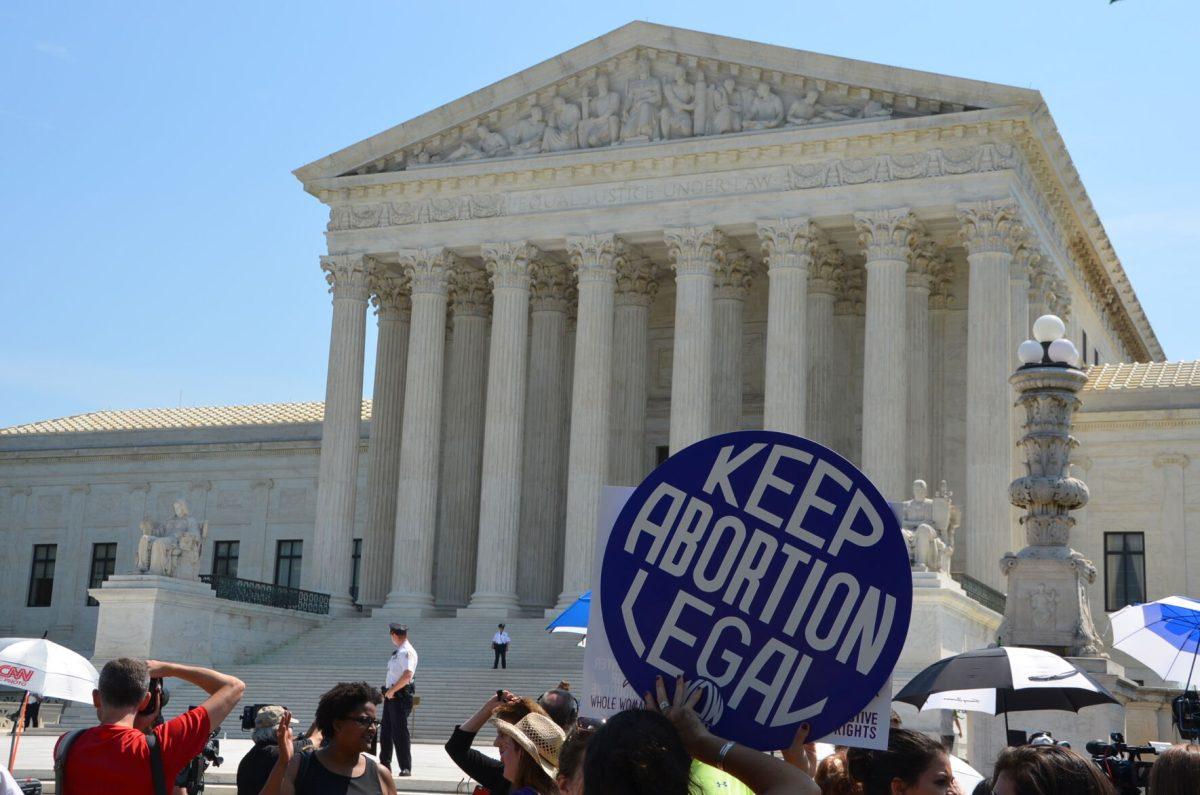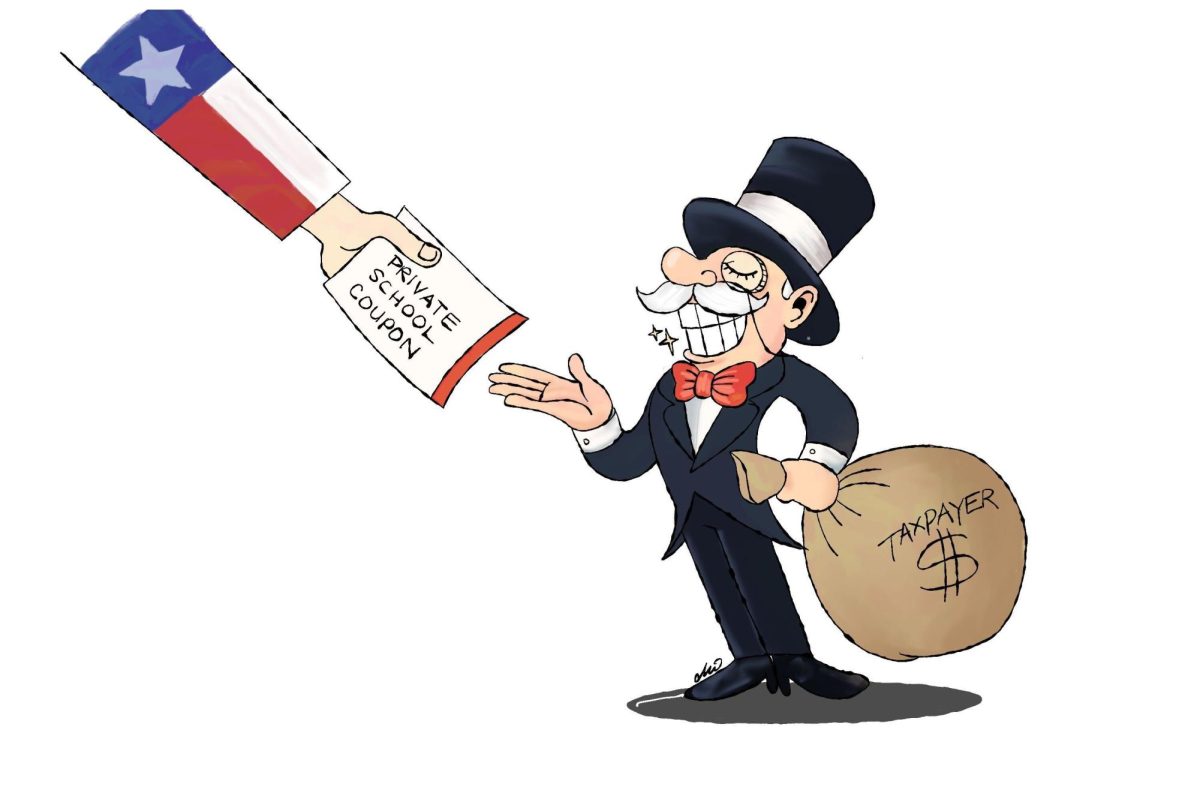The right to bear arms, the right to exercise freedom of speech, the right to same-sex marriage, the right to practice any religion — could all be jeopardized by Senate Bill 8.
On Nov. 1, the Supreme Court met to discuss two lawsuits — one by the Department of Justice and the other by abortion providers. What was thought to be a shorter discussion, shockingly, turned into an almost three-hour debate. One of the biggest shocks of this challenge were the remarks notorious conservative Justice Brett Kavanaugh was making. It wasn’t the topic of the bill that riled up Supreme Court justices, but the bill’s key enforcement tactic.
If the Supreme Court rules to keep the bill, then its enforcement could jeopardize other constitutional protected rights.
This is what concerned Kavanaugh.
SB 8 blocks abortions after six weeks into pregnancy. To enforce this, Texas doesn’t involve state officials but relies on private citizens to do their dirty work. Specifically, relying on private citizens anywhere in the country to sue anyone who might have aided a pregnant person to get an abortion.
It’s smart, actually.
While abortion is a constitutional right first recognized by Roe v. Wade, anyone who opposes the bill will have a tough time pointing the finger at who is in the wrong. The enforcement is critical. Private citizens could be anyone from a neighbor, a passing stranger or someone who lives multiple states away and caught wind of a rumor. The blame cannot be passed to Texas officials because they aren’t the ones enforcing it.
Kavanaugh pressed on how far this type of enforcement could go. He wondered if similar bills could be replicated. The Firearms Policy Coalition filed an amicus brief for the abortion providers case asserting SB 8’s enforcement “could just as easily be used by other states to restrict First and Second Amendment rights or, indeed, virtually any settled or debated constitutional right.”
When Kavanaugh asked Texas Solicitor General Judd Stone if the Firearms Policy Coalition’s concerns are accurate, he said, “Yes, it is.”
The cause of concern would be laws that have a similar structure to that of SB 8. Meaning gun ownership, freedom of speech and really anything in the Bill of Rights could be free game.
Coming right from the horse’s mouth, Stone defended private citizens’ rights to sue over abortions because they suffer “extreme outrage” and “extreme moral or otherwise psychological harm.”
Well, one could argue that the 38,305 people who have died from gun violence this year suffered extreme outrage and psychological harm. Or that the average 463,634 yearly rape survivors — SB 8 doesn’t allow for abortion exceptions — causes emotional and legitimate physical harm.
What Stone said opens Pandora’s box for anything, regardless of political standpoint, to be at risk. Texans and, honestly, any U.S. legislator could propose and pass a bill claiming that X, Y and Z cause outrage and psychological harm.
Texas never really cared about life. They care about what women do with their lives.
If there was any legitimacy toward their desire to keep babies alive, they wouldn’t be relying on every Tom, Dick and Harry to be doing their investigating. They would be implementing safe sex programs in schools and funding affordable family planning resources.
Another abortion-related case is making its way to the Supreme Court on Dec. 1. Dobbs v. Jackson Women’s Health Organization, will be the first case to ultimately decide the constitutionality of abortion since Roe v. Wade.
But limiting or even banning abortions doesn’t work, and it never will. SB 8’s tactic just opens up a rabbit hole of how the U.S. could view our constitutional rights. Nothing is safe under this bill, not even our unalienable rights that have been established since 1791.
Kaelin Connor is a psychology senior and opinion writer for the Battalion.
















